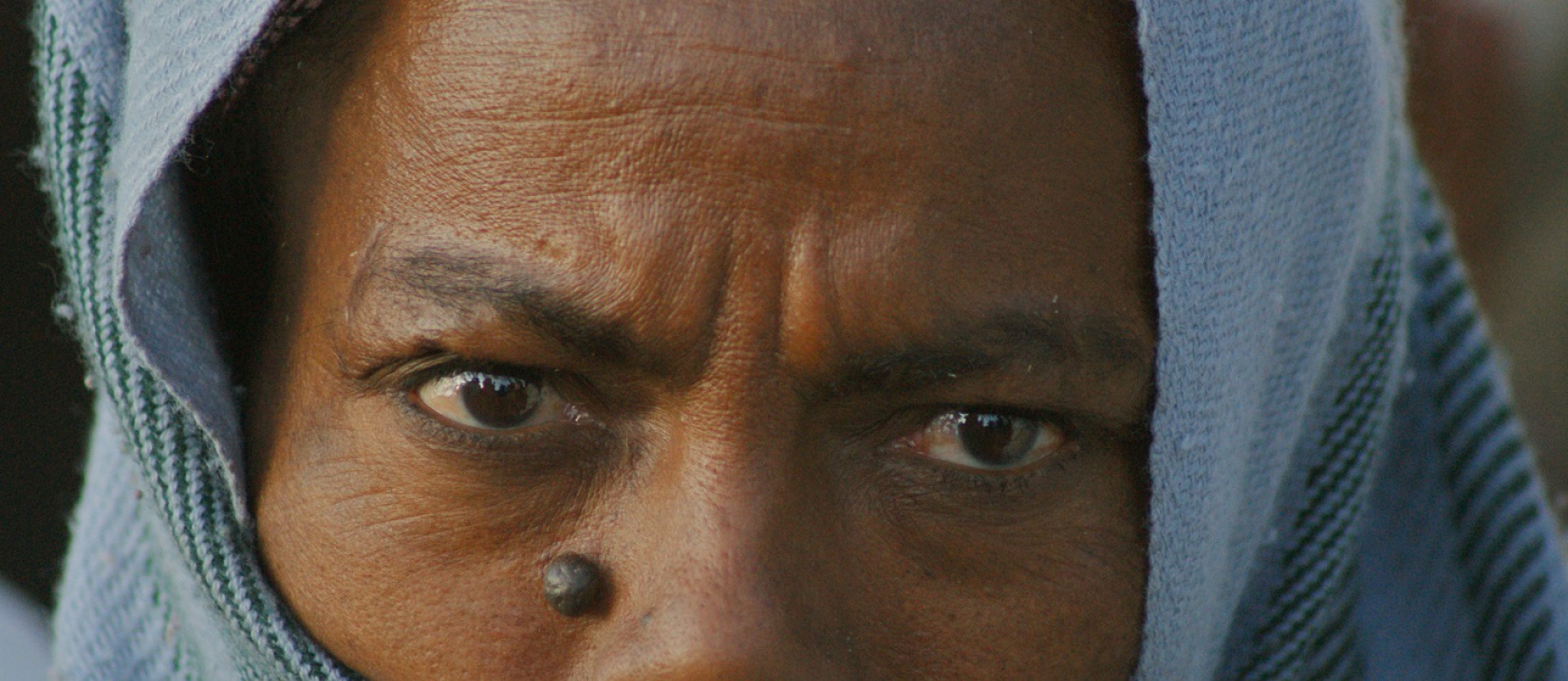Even most critics admit the free market is the greatest wealth-generating system in history, but they say the poor benefit more from interventionist economic systems. In fact, economic liberty elevates the least well-off in more laissez-faire nations to a better position than those living in unfree economies based on such factors as average income, life expectancy, literacy, and other forms of personal liberty.
The data bearing out each point are contained in the Fraser Institute’s most recent “Economic Freedom of the World” report, which I wrote about last week.
“The link between economic freedom for all citizens and the prosperity they enjoy is undeniable,” said Fred McMahon, a resident fellow at the Fraser Institute.
Specifically, the report found:
- People in the most economically free nations live 16 years longer (80.7 years vs. 64.4 years) than those in the least free;
- The poorest tenth of the population in free countries earns 10-times as much money as the same cohort of poor people living in unfree nations ($11,998 vs. $1,124);
- “Interestingly, the average income of the poorest 10 percent in the most economically free nations is almost twice the average per capita income in the least free nations,” the report says. That is, the least fortunate citizens of free countries make more money than the average person in unfree nations;
- The average person makes six times as much money in free nations as unfree ones ($42,463 vs. $6,036). Since people in the free market enjoy considerable economic mobility, the poor have a better opportunity of moving into the economic mainstream, significantly pulling ahead of their disadvantaged counterparts in stifling environments;
- Citizens of free nations enjoy greater civil liberties, gender equality, and reported levels of happiness. These social advantages benefit people of every social standing; and
- The literacy rate is 30 percent higher in freer countries than in more restrictive economies (93 percent in free nations vs. 65 percent or lower in unfree ones).
These benefits do not account for the benefits revealed by surveys from Freedom House and the Pew Research Center showing that economically free societies enjoy a higher level of political freedom and religious liberty than statist economies.
These six figures show that all those living in proximity to wealth enjoy its benefits. The more wealth generated by free economies, which rely more on individuals acting upon their personal moral code than government direction, the more every member of society benefits.
U.S. Congress heard about the importance of stimulating economic growth and removing barriers to innovation from Michael Strain, director of economic policy studies at the American Enterprise Institute (AEI), in May.
“Increasing the growth rates of the labor force and capital investment are extremely important, as is improving the skills of the workforce,” he told the U.S. Senate Committee on the Budget. He concluded:
Over long periods of time, nothing is more important to economic growth than innovation, than letting loose the creative power of individuals. New ideas, new inventions, new technologies – new things that rose along with a new culture around work, equality, and dignity – are what created the world we live in today. They took, and are taking, billions from poverty to wealth, from illness to health, from short to long lives, from ignorance to educated. Government should have in mind the importance of sustaining a culture that allows for creativity and energy. Public policy should not stifle human potential, the growth that comes with it, and the betterment that it creates.
The following video illustrates many of the benefits of economic freedom for the poorest people:
(Photo credit: Sacca. This photo has been cropped. CC BY-SA 2.0.)




